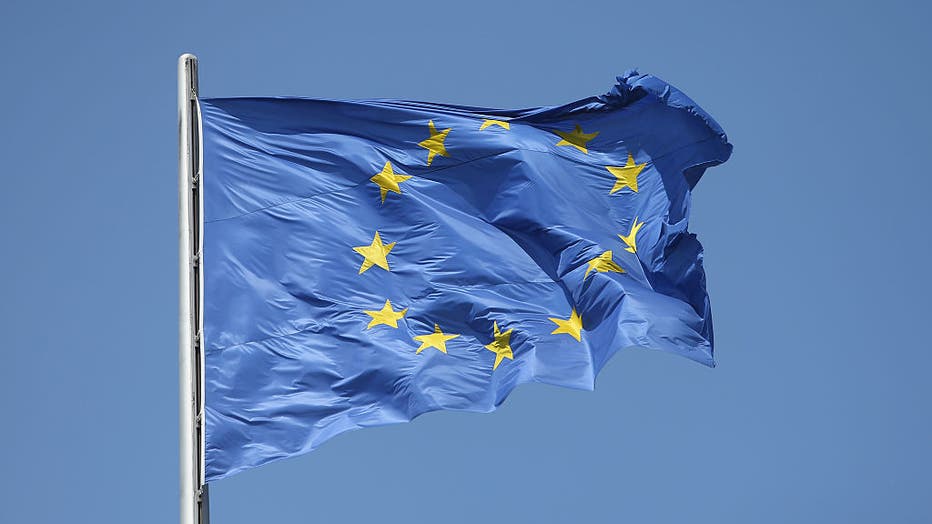EU ambassadors agree on relaxed COVID-19 travel measures for fully vaccinated visitors
BRUSSELS (AP) - The European Union on Wednesday took a step toward relaxing tourism travel for visitors from outside the bloc, with EU ambassadors agreeing on measures to allow fully vaccinated visitors in.
They also agreed on easing the criteria for nations to be considered a safe country, from which all tourists can travel. Up to now, that list included only seven nations.
The EU imposed strict measures last year to contain COVID-19 outbreaks but the bloc's 27 ambassadors now say many of those restrictions on nonessential travel should be eased. Specifically, tourists from outside the bloc who have been fully vaccinated should be allowed in.
The European Council "will now recommend that member states ease some of the current restrictions" for those who have been vaccinated, said EU Commission spokesman Christian Wigand. He didn’t give a precise date for when the borders will reopen since EU countries have yet to formally approve the measures.
"The council should also soon expand the list of non-EU countries with a good epidemiological situation from where travel is permitted," said Wigand. The EU's European Centre for Disease Prevention and Control is to give advice on the list.

BERLIN, GERMANY - JULY 06: The flag of the European Union flies over the Reichstag the day after a majority of people voted "no" in the Greek referendum on July 6, 2015 in Berlin, Germany. Greeks voted in a strong majority against the reform plan pro
The relaxation of rules was proposed earlier this month by the European Commission, which said entry should be granted to all those fully vaccinated with EU-authorized shots. Coronavirus vaccines authorized by the European Medicines Agency, the bloc’s drug regulator, include Pfizer, Moderna, AstraZeneca and Johnson & Johnson. The EMA hasn't approved any vaccines from Russia or China as of yet but is looking at data for Russia’s Sputnik V jab.
Wigand said ambassadors also agreed on an "emergency brake" mechanism designed to stop dangerous virus variants from entering the 27-nation bloc through quickly enacted travel limits if the infection situation deteriorates in a non-EU country.
EU nations have been struggling throughout the pandemic to prop up their vital tourism industry and hope to recover some income over the peak summer season.
Greece, which is heavily reliant on tourism, has already lifted quarantine restrictions for the U.S., Britain, Israel, and other non-EU countries as negotiations between governments and EU lawmakers to introduce COVID-19 certificates aimed at facilitating travel across the region this summer continue. A deal is required by end of the month to ensure the system will be up and running by the end of June.


